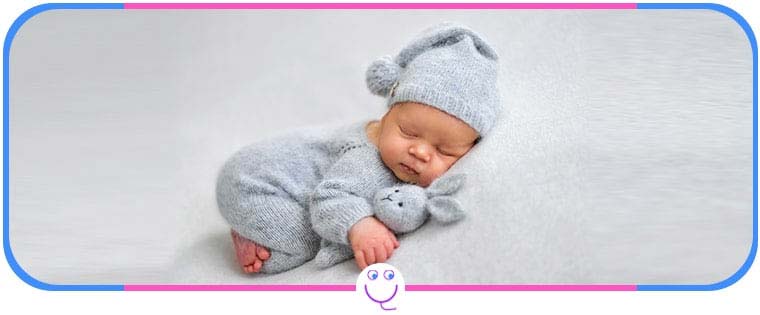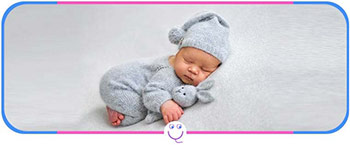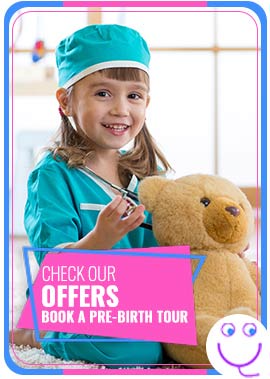Bringing Baby Home in Memphis, TN
Bringing your baby home is an exciting journey, and Dr. Susan Welch at All Better Pediatrics is here to support you every step of the way. With personalized care and guidance on newborn health, breastfeeding, and more, Dr. Welch ensures both you and your baby thrive during this special time. For more information, contact us or request an appointment online. We are conveniently located at 1102 Brookfield Road, Suite 200 Memphis, TN 38119.



Additional Services You May Need
- Breastfeeding Support
- Pre-Birth Office Tours
- Well Visit
- Sick Visit
- Evening & Weekend Patient Communication
- In Office Care
- Immunization Consultations
- Vomiting/diarrhea
- Home Care
- Constipation
- Fever
- Cough & Nasal Congestion
- Ear Ache & Sore Throat
- Rash
- Pink Eye
- Injuries
- Before Birth
- Vaccine
- Bringing Baby Home






